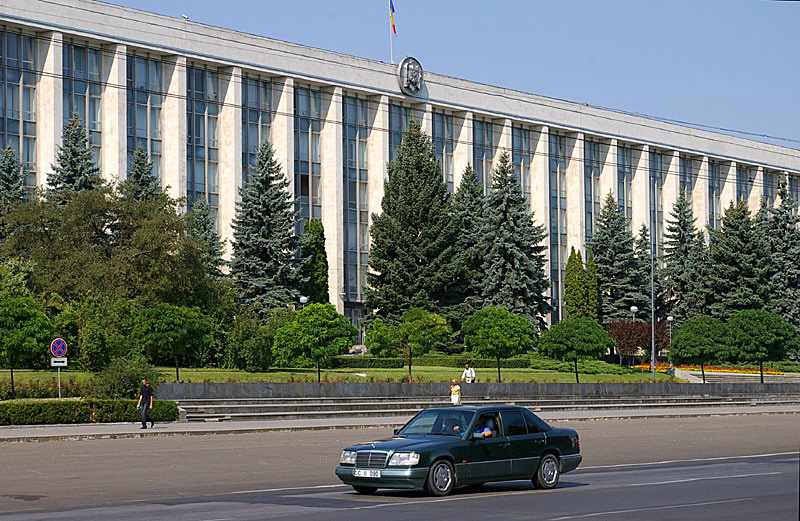Moldovan authorities must swiftly investigate death threats sent to an investigative journalist following her public interview with a well-known political figure, the Committee to Protect Journalists (CPJ) said Monday.
Journalist and television host Mariana Rață shared violent messages made against her on social media following her online interview with Renato Usatîi, leader of populist party Partidul Nostru (Our Party). A Facebook user, identifying himself as a Usatîi supporter, sent Rață recordings saying she “should be stabbed on the street” for questions she asked Usatîi on her program “Cutia Neagră.”
“People will stab you in the throat,” one message reportedly said.
Rață told local outlets she does not personally link Usatîi to the threats but believes the sender should be held accountable.
“Members of the press should not be harassed or threatened over their work,” said Gulnoza Said, CPJ’s Europe and Central Asia program coordinator, calling for a prompt investigation and prosecution. A joint statement from eight Moldovan media organizations described online harassment as a “systemic problem” that undermines both journalist safety and public access to reliable information.
Rață’s case follows a broader escalation in threats, online abuse, and political pressure against journalists across Moldova. In 2024, 66 threats on media workers were documented amid deepening polarization and pervasive online disinformation. Reporters in autonomous region Gagauzia and breakaway territory Transnistria face additional obstacles, including arbitrary detentions and surveillance.
An online campaign recently targeted Ziarul de Gardă reporter Natalia Zaharescu after she attempted to question a former Gagauzia governor. TV8’s Viorica Tătaru received similar threats in 2022 while covering protests in central Chișinău. Media groups have said these incidents reflect a deliberate effort to intimidate independent journalists and restrict scrutiny of political elites.
Pressure on independent media is compounded by alleged pro-Russian disinformation campaigns and attempts to introduce restrictive legislation. In March, lawmakers proposed a bill modeled on Russia’s “foreign agent” laws, prompting condemnation from more than 130 civil society groups who called it “an attack on the right to be accurately informed.” Russian-linked narratives, particularly in Gagauzia and Transnistria, have fueled hostility toward pro-European outlets and independent reporters, intensifying the climate of fear and self-censorship.
